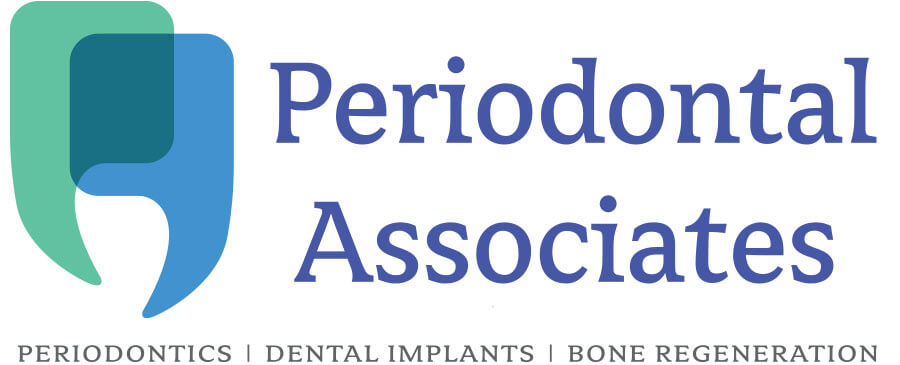
It is known that women are more susceptible to gum disease and associated periodontal problems. The primary reason for this finding is related to both normal and abnormal hormonal changes that women experience throughout their life. A few are listed below.
Puberty
During puberty, an increased level of sex hormones, such as progesterone and possibly estrogen, causes increased blood circulation to the gums. This may cause an increase in the gum’s sensitivity and lead to a greater reaction to any irritation, including food particles and plaque. During this time, the gums may become swollen, turn red and feel tender.
As a young woman progresses through puberty, the tendency for her gums to swell in response to irritants will lessen. However, during puberty, it is important to follow a good at-home oral hygiene regimen, including regular brushing and flossing, and regular dental care. In some cases, a dental professional may recommend periodontal therapy to help prevent damage to the tissues and bone surrounding the teeth.
Menstruation
Occasionally, some women experience menstruation gingivitis. Women with this condition may experience bleeding gums, bright red and swollen gums and sores on the inside of the cheek. Menstruation gingivitis typically occurs right before a woman’s period and clears up once her period has started.
Pregnancy
Women may experience increased gingivitis or pregnancy gingivitis beginning in the second or third month of pregnancy that increases in severity throughout the eighth month. During this time, some women may notice swelling, bleeding, redness or tenderness in the gum tissue.
In some cases, gums swollen by pregnancy gingivitis can react strongly to irritants and form large lumps. These growths, called pregnancy tumors, are not cancerous and are generally painless. If the tumor persists, it may require removal by a periodontist.
Studies have shown a relationship between periodontal disease and pre-term, low-birth-weight babies. Any infection, including periodontal infection, is cause for concern during pregnancy. In fact, pregnant women who have periodontal disease may be seven times more likely to have a baby that is born too early and too small! If you are planning to become pregnant, be sure to include a periodontal evaluation as part of your prenatal care.
Women who use oral contraceptives may be susceptible to the same oral health conditions that affect pregnant women. They may experience red, bleeding and swollen gums. Women who use oral contraceptives should know that taking drugs sometimes used to help treat periodontal disease, such as antibiotics, may lessen the effect of an oral contraceptive.
Menopause and Post-Menopause
Women who are menopausal or post-menopausal may experience changes in their mouths. They may notice discomfort in the mouth, including dry mouth, pain and burning sensations in the gum tissue and altered taste, especially salty, peppery or sour.
In addition, menopausal gingivostomatitis affects a small percentage of women. Gums that look dry or shiny, bleed easily and range from abnormally pale to deep red mark this condition. Most women find that estrogen supplements help to relieve these symptoms.
Bone loss is associated with both periodontal disease and osteoporosis. Research is being done to determine whether the two are related. Women considering Hormone Replacement Therapy (HRT) to help fight osteoporosis should note that this may help protect their teeth as well as other parts of the body.
So, what can women do to help prevent or minimize gum problems?
Steps to Protect Oral Health:
Careful periodontal monitoring and excellent oral hygiene is especially important for women who may be noticing changes in their mouths during times of hormonal fluctuation. To help ensure good oral (and overall) health, be sure to:
- See a dental professional for cleaning at least twice a year.
- if you or your dentist notice problems with your gum tissue. Problems may include:
- Bleeding gums during brushing
- Red, swollen or tender gums
- Gums that have pulled away from the teeth
- Persistent bad breath
- Pus between the teeth and gums
- Loose or separating teeth
- A change in the way your teeth fit together when you bite
- A change in the fit of your dentures
- Keep your dental professionals informed about any medications you are taking and any changes in your health history.
- Brush and floss properly every day. Review your techniques with a dental professional.
For more information, check out the American Academy of Periodontology. Happy and Healthy Mother’s Day!
Source: AAP
Photo: publicdomainpictures.net
Cary Feuerman, DMD
Periodontal Associates
